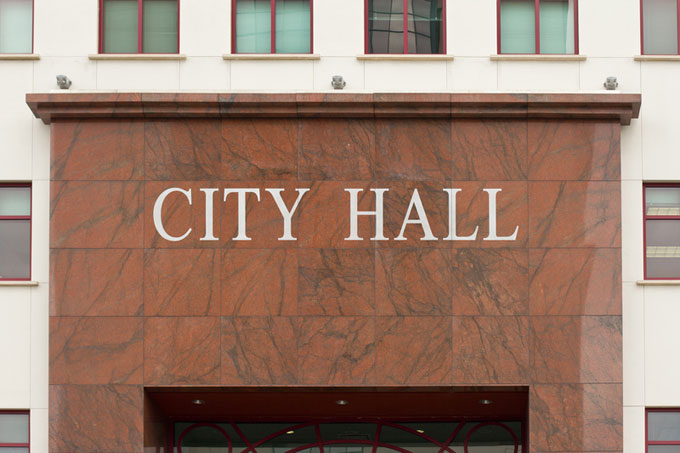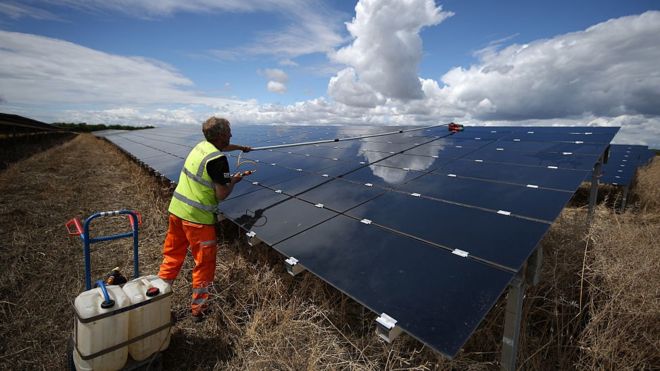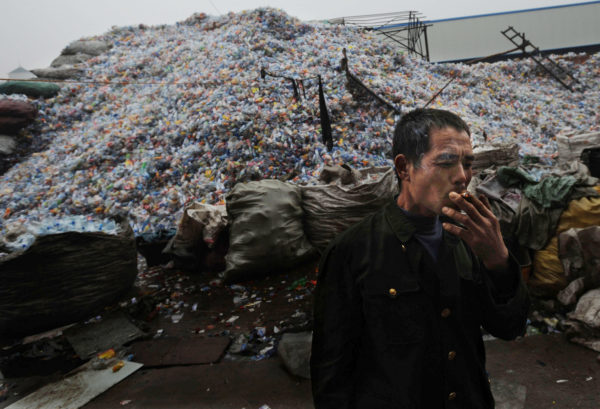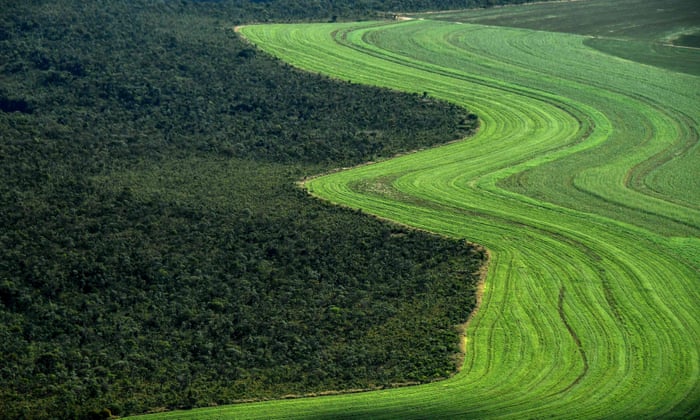A March 2019 five-part series addressed actions individual people can take to reduce their carbon footprint on the road, in and around their homes, and in their diets.
That series raised the obvious question of whether individual actions on their own can be adequate to help society confront the climate challenges we all face. The answer is decidedly ‘No’: Societal actions globally also are essential. That’s the focus of this companion two-part series.
This post focuses on actions all levels of government can take in this effort. A second part of this series will address actions only the federal government can take. After that, the author plans to address a range of private sector (manufacturing, agriculture, services) actions needed to help prevent the most devastating impacts of climate change.
The following list of governmental actions, based on science and common sense, is by no means exhaustive. They are straightforward, with some already being implemented, and they could be scaled up.

State and local governments seeking climate change 'solutions' have plenty of options » Yale Climate Connections




